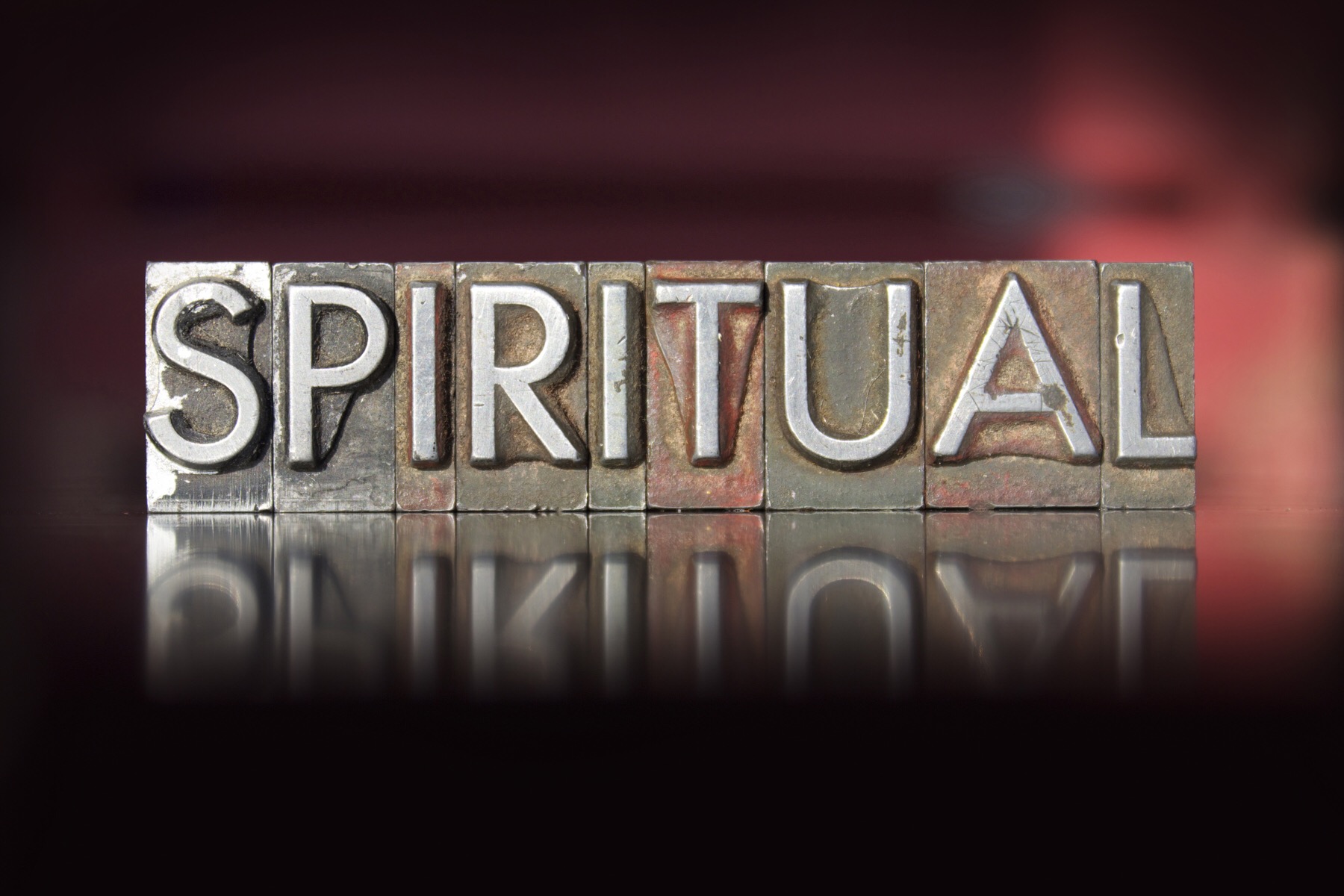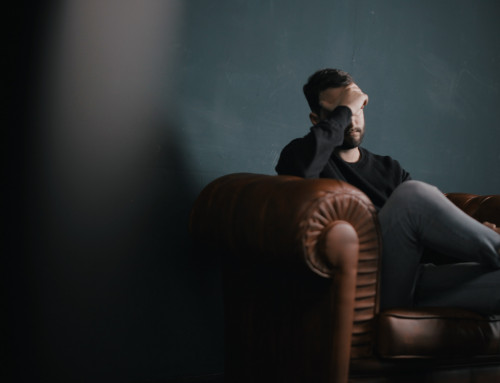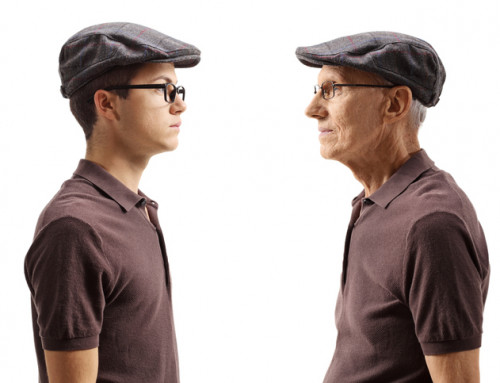This is the second part of a series of three articles about my spiritual journey. You can find the first one here.
After increasingly doubting a growing number of elements of my religion, I was reaching a breaking point. I felt the powerful urge for a change and this started showing in the behaviour of my religious conduct. I started to avoid confessing before the Sunday Mass and sometimes avoided taking the Holy Communion.
When asked why by my parents, who almost immediately noticed these subtle changes since we were attending the Sunday service together, I first tried to dismiss their questions. I didn’t want them to worry but at the same time, I started to feel pressured. I was aware that they would not let me renounce this religion without deep discussion and argument, which was not a bad thing per se.
I am grateful to them because, despite the pressure that I felt, they were at my side throughout the whole thing though I did not understand that back then. Their questions felt to me too inquisitive and I needed time to process these changes on my own.
In time, I stopped taking the Communion completely and eventually started missing the Sunday service. I was not well, had overslept and so on. No one believed my excuses, not even me, but I was still not ready to openly admit that my faith was changing, and so these feelings of unrest started brewing within me.
I was 17 at the time and my character was being shaped, my personal and religious beliefs along with it. It is perhaps useful to mention here the outside circumstances that contributed to this era of great change for me.
When I started high school, Jack (not his real name), a dear friend of mine was in an unpleasant family situation. They would have dropped him out of school in order to make him work to provide for a disturbed man’s addictions. The man was his step-father, and one of the most negative people I’ve ever met in my life. He did not value education at all and barely cared about Jack’s well-being and his siblings from the previous marriage, trying to exploit them instead for his own gain.
Because of this, and with the agreement of my family, we took Jack in. It was a sort of temporary adoption, and it would last until he would finish high school and figure his way in life.
The step-father reluctantly accepted. He was losing workforce but at the same time it was a mouth less to feed and, in his utilitarian views, it was a decent bargain.
The first few years of living together were fine. We are five siblings so we were used to having a big family. Having one more person in just added to the overall noise and fun.
However, as my personality developed, I started to perceive his presence as a threat to my being, in social terms, the “alpha male” of my family. I’m the oldest of us five and, because of this, I always felt the responsibility to look over my younger brother and sisters. They were looking at me for advice and guidance (other than to my parents of course), and Jack’s presence within the family started to feel disrupting to me.
For Jack, being the same age as me, it was unavoidable for him to feel the same way. There was a rivalry between us and, for the first years of our cohabitation, it was healthy. It pushed us to achieve better results at school and helped each other to improve.
However, as time passed our relationship started degrading. The originally healthy competitive feelings turned sour and eventually, we started resenting each other. For me it was because I felt he wanted to “take over” on my role as older brother within the family, and for him because he thought of me as an inconsistent and bad friend.
When I started consciously doubting my religion and the principles of charity embedded in it, the situation became just too much to bear. I did not have a moral obligation towards this person anymore, and since he was not acting as my friend, I did not want to share with him anything else.
We were almost 18 now, it was the last year of high school, and with the upcoming exams, the situation was very tense in our home. I had stopped going to church completely by then, and a growing feeling of rebellion had pervaded my whole being.
One day, following one of the interminable series of arguments with Jack I went to my parents and said: “either he leaves the house, or I will.”
My parents were understandably saddened by this, but despite this, they stood their grounds.
“We took a commitment,” my father said staring into my eyes, “he will stay here until school is over. Then he’ll take whichever paths he wants.”
This was just too much for me. What kind of religion would put a stranger in front of a father’s own son?
Of course, I realise now that I was being selfish and childish. Jack was in a horrible situation that I, coming from a healthy family, could not understand almost at all.
At any rate, in front of this unforgivable offence and enraged by my wounded pride, I instinctively declared to myself that Christianity was a joke of a religion. Something that would turn fathers against their children and makes people sacrifice things under false pretences.
It was then that I started blaming God for all the World’s evil. I saw starvation, wars and sudden deaths as signs of divine indifference. How could a God allow such devastation? The stories of free will were not enough to me anymore. I had lost any rational desire of discovery and I was on a rampage to destroy people false beliefs. I thought I had to open their eyes to the bigotry of the World and I started surrounding myself of people who were openly critical of any religion, fighting back any arguments supporting a Gods existence. Atheism was the word they spoke, and although I could not fully embrace it, it felt comfortable to me back then.
I had stopped discussing this with my parents now, they would not understand or accept my reasonings, I was sure of that. For a couple of months, after the last argument with Jack and the conversation that had ensued with my parents, I had moved out and to my grandmother house, who always supported me, despite I was sorely out of line.
I could not feel the warmth of my wonderful family then and was rebelling against everything I was ever taught. “For rebellion is as the sin of divination, and presumption is as iniquity and idolatry”, (Samuel 15:23) I was sure I had wondered too far and, even if at times I thought of starting a constructive conversation with my parents again, for some time my pride prevented me from doing so.
The time with my grandmother was soothing though, in a way it was also liberating. She was worried about me, but never judged my decisions, even the most questionable ones. I could talk to her about everything and she was always listening, her motherly gaze never betraying my trust.
In the meantime, I somehow finished my high school amid this chaos and passed the final exams. My parents’ support was fundamental in that and, even if we weren’t talking about religion anymore, there was a mutual desire to healing our wounds.
With the school over, some of the tensions between me and Jack started to fade, and since we both had to figure out our next steps and part ways soon, we slowly decided to talk about it together. We had known each other for more than seven years already, we grew up together, and despite the hardships and the fights, our long-time friendship was still there, buried somewhere underneath two years of misunderstandings.
I was still angry at God for many things, but I was slowly realising my own mistakes, and that opened up a new window into my research of the Divine. Soon, my anger faded away completely and a renewed curiosity took its place. Free of the constraints of belonging to a specific religion, and with my parents being finally fully aware of that, I was now ready to continue my journey.
The third and final part of this series will be published next week.







Leave A Comment